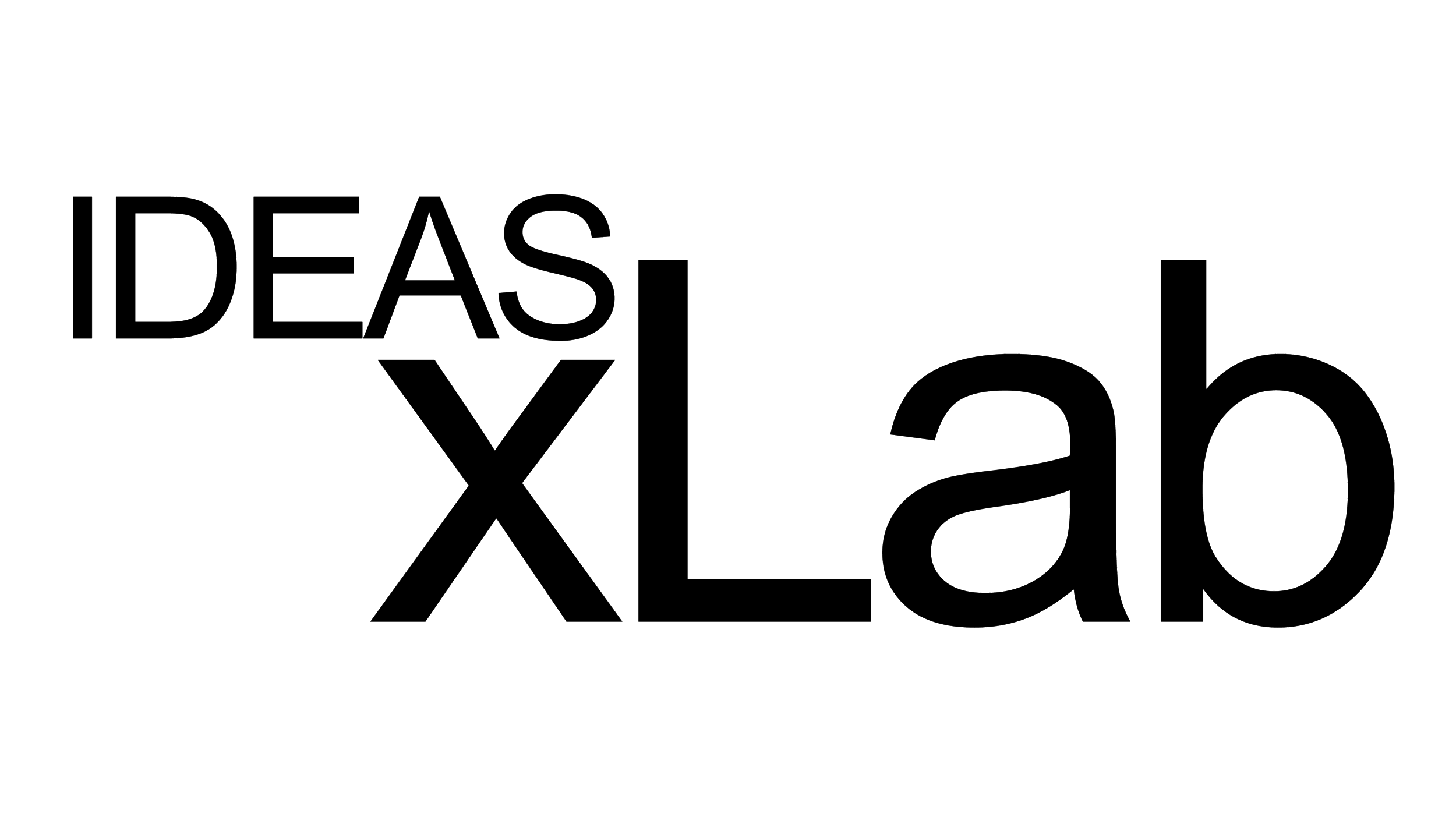Moving Forward Through Art, Creating the Spaces We Need, and Rest Equity
Photo by Austin Queen Portraits
By IDEAS xLab co-founder + CEO Josh Miller
On October 10-11, 2022, Hannah Drake and I spoke at the Creating Healthy Communities Convening in Orlando, FL. It was organized collaboratively by organizations including University of Florida's Center for Arts in Medicine, the World Health Organization, IDEAS xLab and more and brought together hundreds of leaders and practitioners working at the intersection of arts and public health.
Moving forward through art.
When launching into her keynote, Dr. Maria Rosario Jackson, Chair of the National Endowment of the Arts said, "COVID, the racial reckoning, social and political polarization … in so many ways we have been challenged to question what we held as non-negotiable. At our best, our creativity, generosity and nimbleness have allowed us to respond, adapt and step up…. We can’t snap back to what we knew pre-pandemic, [we] must take stock of where we are."
Throughout the two-day Creating Healthy Communities Convening in Orlando, FL many of the conversations focused on imaging a new future, and probed further into the intersection of arts and public health. But, some felt like the same conversations we were having in 2019, about a world that no longer exists. We have to move beyond hypothesizing and generalities to creating the change we want to see.
Photo by Austin Queen Portraits
During the panel Addressing Social Determinants of Health and Upstream Drivers of Health Disparities through Arts + Culture, I started with a quote from Edith Wharton, who said “There are two ways of spreading light: to be the candle or the mirror that reflects it.”
"Artists can be a candle or mirror to spotlight the complexity and multidimensionality of our communities," I said, before sharing specific examples for how I was seeing art shaping our journey toward creating and sustaining a just society. Initiatives including the National Memorial for Peace and Justice, our (Un)Known Project On the Banks of Freedom public art installation, and the Mothers of Gynecology art installation in Montgomery, AL, all of which serve to unearth and honoring community stories that transform people, spaces and cultures.
"[We've seen that] there is value is using multiple art forms to engage people along different parts of their journey like we’ve done through (Un)Known Project," I noted. "Including performances, immersive experiences, public art, art exhibits, and more of because it can take multiple pathways to reach people, to get beyond limiting mental models and help them see and relate to the world and each other differently."
Creating the spaces we need.
I loved seeing what happened when people identified the need for using space differently. Attendees de-gendered one of the bathrooms after some of them noticed how long the line was for one restroom, and how under-utilized the one with urinals was. People recognized that, "We needed something different in this space and we're going to make that happen," I said from the stage.
On the second day of the Convening, I was able to visit the Pulse Interim Memorial and to meet Barbara Poma, the onePULSE Foundation founder and Executive Director. Poma described the significant role that the survivors, victims' families, and first responders from the Pulse Nightclub mass shooting are playing in shaping the current interim space, and the future permanent memorial and museum that will not only honor the lives of the 49 people murdered that night, but will honor LGBTQ+ history more broadly. With her husband Rosario, she built and ran Pulse Nightclub, which "was established in 2004 as a tribute to her brother John who passed away from HIV/AIDs." Another type of space, and another approach demonstrating how community members can come together to create a space that is welcoming and expansive in how it embraces and supports people's journey, memory, and culture.
Josh Miller with Barbara Poma at the Pulse Interim Memorial
Rest equity.
On the second day, I brought up the topic of "rest equity,” building on what we discussed during our panel on day 1 and asking funders about how they are thinking about it when it comes to grant making.
We're asking artists and creatives to do transformational work, which can lead to burnout. We need to do more than just recommend people focus on self-care, so whether it's part of project planning and budgeting or at an operational level, we need to build plans for rest into our initiative designs and strategic planning.
In Denver, The Colorado Health Foundation is funding nonprofit leader sabbaticals. In 2022, Hannah and I created a wellbeing/recharge line-item in our budget. With (Un)Known Project for example, the racists direct their hate at Hannah, a Black woman, not at me, not at IDEAS xLab, but directly at her. The toll of this work on her is greater, and we've talked about what support we can put in place to help mitigate it. Our Inclusion, Diversity, Equity and Accessibility (IDEA) workshops and consulting require vulnerability of both of us - sharing and reliving our personal stories and experiences while helping people navigate challenging conversations. All of this work requires rest. Not an evening off. But real rest. Time to unplug from email and social media, to step away, to give our minds space to wonder and think, to plan, to dream and create, to heal.
The past 3 years shifted how we think about time and what we need to do our work well. We avoid scheduling meetings on Fridays and have gotten much more flexible in moving deadlines and shifting our workflow to recognize that life events, the socio-political environment, and the racist and homophobic remarks all have an impact.
Josh Miller and Dr. Maria Rosario Jackson of the National Endowment for the Arts
Josh Miller, Fund for the Arts President & CEO Andre Guess, Hannah Drake

